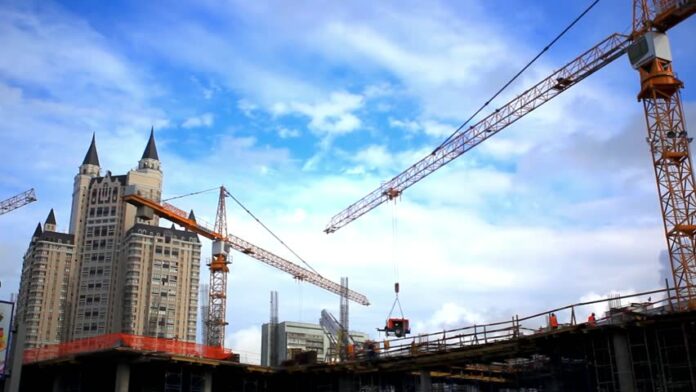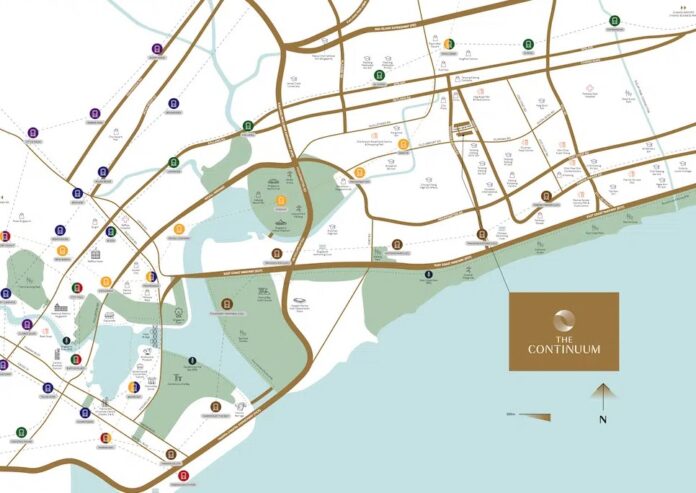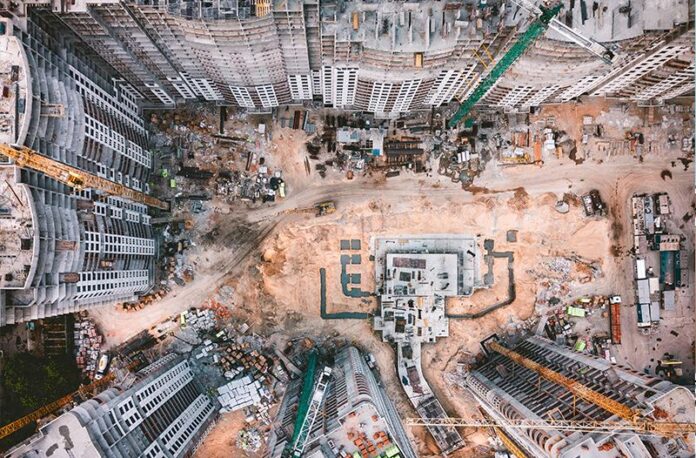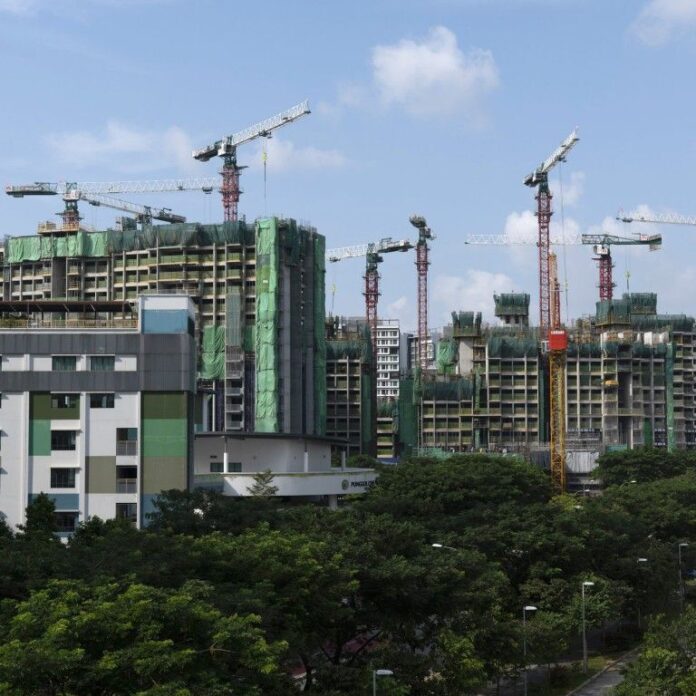Investing in pre-construction real estate in Singapore can be a game-changer, but it comes with its share of risks and rewards. Many investors jump in without considering the complexities involved. Some make a fortune; others wish they had done their homework. If you want to be in the first category, pay attention to what follows.
Key Highlights:
- Progressive Payment Scheme – Know the staged payment process and its financial impact.
- Location Matters – Prime areas yield better long-term growth.
- Capital Appreciation Potential – Early investments can lead to higher returns if market conditions are right.
- Legal Considerations – Read every contract detail before signing anything.
- Market Volatility – Be prepared for fluctuations that can impact property value.
- Developer Reputation – Not all developers are created equal. Choose wisely.
- Financing Options – Bank loans and mortgage plans differ for pre-construction units.
- Exit Strategies – Plan for resale or rental before committing.
- Tax Implications – Understand stamp duties and other taxes that can affect profits.
Progressive Payment Scheme – What You’re Signing Up For

Buying a pre-construction property in Singapore follows a structured payment schedule. Instead of paying everything upfront, payments are staggered according to construction milestones. This helps investors manage cash flow, but it also means financial commitment over several years.
Banks usually offer loans covering up to 75% of the purchase price, but you must be prepared for additional costs like stamp duties and legal fees. If your finances are not in order, you risk struggling with payments as construction progresses. Before committing, review your budget and future income stability.
Quick Fact: Missing a payment can result in penalties or, worse, forfeiting your deposit. Always ensure you can meet the deadlines set by the developer.
The Location Factor – Why It Can Make or Break Your Investment

Location affects long-term appreciation and rental demand. A central location with strong infrastructure growth usually outperforms properties in less developed areas.
Consider The Continuum, a luxury freehold development in District 15. Located at Thiam Siew Avenue, it bridges two prime areas, ensuring excellent connectivity and convenience. Investors looking at projects in similar high-demand areas often experience better returns compared to speculative locations with uncertain growth.
Before deciding, study urban planning policies, upcoming transport networks, and commercial developments in the area. Buying in the wrong location can mean slower appreciation and difficulty renting or selling later.
Why Capital Appreciation Is Never a Guarantee
Many investors assume that all pre-construction properties appreciate significantly by the time they are completed. That assumption is dangerous.
Yes, properties in strategic locations often see value growth, especially those near upcoming MRT stations or business districts. However, market conditions can change. Economic downturns, shifts in government policies, or oversupply can limit price appreciation.
A well-timed purchase in an undervalued location can yield fantastic returns. However, a poorly chosen investment can leave you with a property that takes years to break even. Research, analyze trends, and compare past price movements before assuming future profits.
Legal Considerations – What to Watch Out For
Every pre-construction deal comes with legal paperwork that can be a minefield if you’re not careful. The Sales & Purchase Agreement (S&P) outlines your rights, obligations, and penalties for defaulting. Read it carefully or, better yet, get a lawyer to review it.
Developers sometimes include clauses that favor them over buyers. For instance:
- Construction Delays: Some contracts allow significant leeway for late completion.
- Changes in Layout or Materials: The final product may not be exactly what was promised.
- Refund Conditions: Some contracts make it difficult to back out without losing a substantial sum.
Never sign an agreement without understanding every clause. If something seems unclear, question it.
Market Volatility – What Happens If Things Go South?

Singapore’s property market has cycles. It doesn’t always go up, despite what overenthusiastic agents may claim. Market slowdowns, rising interest rates, or new cooling measures can reduce demand.
If you’re buying purely for capital appreciation, consider the risk of slower growth or even short-term losses. If your strategy includes rental income, check rental demand in the area before investing. Relying on past performance is a mistake. Look at current trends, upcoming developments, and global economic conditions.
Developer Reputation – Don’t Trust Every Big Name
Not all developers deliver on time or meet quality expectations. A flashy showroom and strong marketing campaign don’t mean the project will be flawless. Do your research.
- Past Projects: Check previous developments by the same developer.
- Completion Track Record: Have they consistently delivered on time?
- Quality of Workmanship: Speak to owners of their past projects to see if issues exist.
- Financial Stability: Developers facing financial trouble may struggle to complete projects.
If a deal looks too good to be true, there’s probably a catch. Avoid projects from unproven developers.
Financing – Getting the Best Loan Terms Matters
Banks offer different loan packages for pre-construction properties. Interest rates, tenure, and terms vary. Some things to consider:
- Loan-to-Value (LTV) Ratio: Usually capped at 75%, but your credit profile matters.
- Interest Rates: Fixed vs. floating rates impact repayment amounts.
- Early Repayment Penalties: Check if there are penalties for early loan settlement.
Always compare multiple banks before committing. A small difference in interest rates can cost or save you thousands over time.
Exit Strategies – Plan Before You Buy
Smart investors always plan their exit before they invest. Are you selling after completion, renting out, or holding long-term? Each strategy has different tax and financial implications.
Selling before completion can be difficult due to developer restrictions. Renting depends on demand in the area. Holding long-term requires considering market cycles. Choose a strategy based on research, not emotion.
Taxes – Don’t Ignore Additional Costs
Taxes can eat into your profits. Some key taxes include:
- Additional Buyer’s Stamp Duty (ABSD): If you already own property, expect extra costs.
- Seller’s Stamp Duty (SSD): Selling within three years results in a penalty.
- Property Tax: Rates vary based on occupancy status.
A miscalculated tax bill can kill your expected returns. Always factor in tax costs before making a decision.
Final Thought

Investing in pre-construction real estate in Singapore offers significant opportunities but comes with serious risks. Many investors focus on potential profits without considering financial commitments, legal complexities, and market fluctuations. That’s the fastest way to turn an investment dream into a financial headache.
Smart investing requires preparation. Study the developer’s track record, analyze market trends, and ensure your finances can handle progressive payments. Government regulations can shift overnight, affecting everything from financing to resale value. Being informed is your best defense.
If you approach the market with a clear strategy, realistic expectations, and an exit plan, you maximize your chances of success. Buy with logic, not emotion. Do your research, protect your investment, and ensure that when the project is complete, you’re in a position of strength—not regret.









